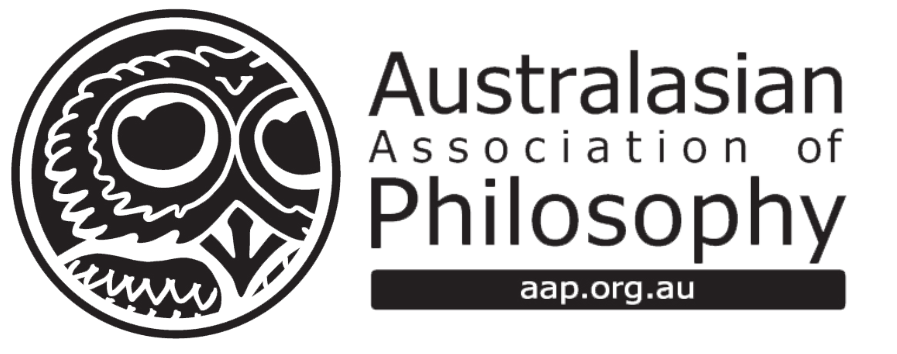It is with deep regret that the Australian Academy of the Humanities informs you of the recent passing of David Hugh Mellor (‘Hugh’ to his friends and colleagues, ‘D. H. Mellor’ to his readers), a world-leading philosopher, former Professor of Philosophy and Pro-Vice-Chancellor at Cambridge University, and a passionate advocate for the arts and humanities. Professor Mellor died peacefully in Addenbrooke’s Hospital Cambridge on the morning of June 21 of complications arising from lymphoma. He was elected to the Academy as an Honorary Fellow in 2003.
Hugh Mellor was born in London on 10 July 1938 and was educated at Manchester Grammar School. He studied chemical engineering at Pembroke College, Cambridge, obtaining his BA in 1960. His first formal study of philosophy was at the University of Minnesota where he took a minor in Philosophy of Science under Austrian philosopher and member of the Vienna circle Herbert Feigl. From Minnesota he obtained an MSc in 1962. He obtained his PhD in philosophy, with a thesis written under the supervision of British philosopher Mary Hesse, at Pembroke in 1968.
Professor Mellor’s primary work was in metaphysics: his philosophical interests included the philosophy of science, philosophy of mind, probability, time and causation, laws of nature and properties, and decision theory. In 1971 he published The Matter of Chance, a ground-breaking text which offered a revolutionary new theory of objective single case probability. Professor Mellor then went on to become the premier spokesperson for accounts of causation that challenged the orthodoxy that causation is a relation between events, an orthodoxy dating back to 18th century philosopher David Hume. He was also a leading figure on the philosophy of time, publishing several monographs on the topic and other areas of metaphysics including Real Time (1981), Matters of Metaphysics (1991), The Facts of Causation (1995), Real Time II (1998), Probability: A Philosophical Introduction (2005) and Mind, Meaning, and Reality (2012). A festschrift, Real Metaphysics, edited by Hallvard Lillehammer and Gonzalo Rodriguez-Pereyra, was published in 2003.
Professor Mellor was a Fellow of Pembroke College Cambridge from 1964 to 1970 and a Fellow of Darwin College from 1971 to 2005. He became a University Assistant Lecturer in Philosophy in 1965, a Lecturer in 1970, a Reader in Metaphysics in 1983 and Professor of Philosophy from 1986 to 1999. He was a Pro-Vice-Chancellor from 2000 to 2001. During his time as Professor, and subsequently as PVC, Mellor raised substantial funding for the humanities at Cambridge, was instrumental in securing funds needed for the preservation and refurbishment of the Cambridge Arts Theatre, and forcefully represented the School of Arts and Humanities on the General Board. An actor in his own right, Mellor retained a love of theatre and performance throughout his life and career.
In addition to his Honorary Fellowship with the Academy, Mellor was a Fellow of the British Academy from 1983 to 2008, President of the British Society for the Philosophy of Science from 1985 to 1987, President of the Aristotelian Society from 1992 to 1993, and Chairman of the Analysis Trust from 2000 to 2008. He served as editor of The British Journal for the Philosophy of Science and was Founding Editor of the Cambridge University Press series Cambridge Studies in Philosophy. From 1978 to 1989 he served on the Editorial Board of Australasian Journal of Philosophy.
Professor Mellor retained strong connections to Australia throughout his career, first as a visiting Fellow to ANU in 1975, and regularly since then, most recently in 2002 and 2003. He played a major role in encouraging and assisting Australians to spend time in the UK and Cambridge and was a stalwart supporter of Australian philosophy and universities.
We extend our deepest sympathies to Professor Mellor’s family, friends and colleagues.
David Hugh Mellor's full Obituary can be read here. 
This Obituary appears by kind permission of The Australian Academy of the Humanities. It will appear in their 2019–2020 Annual Report.
